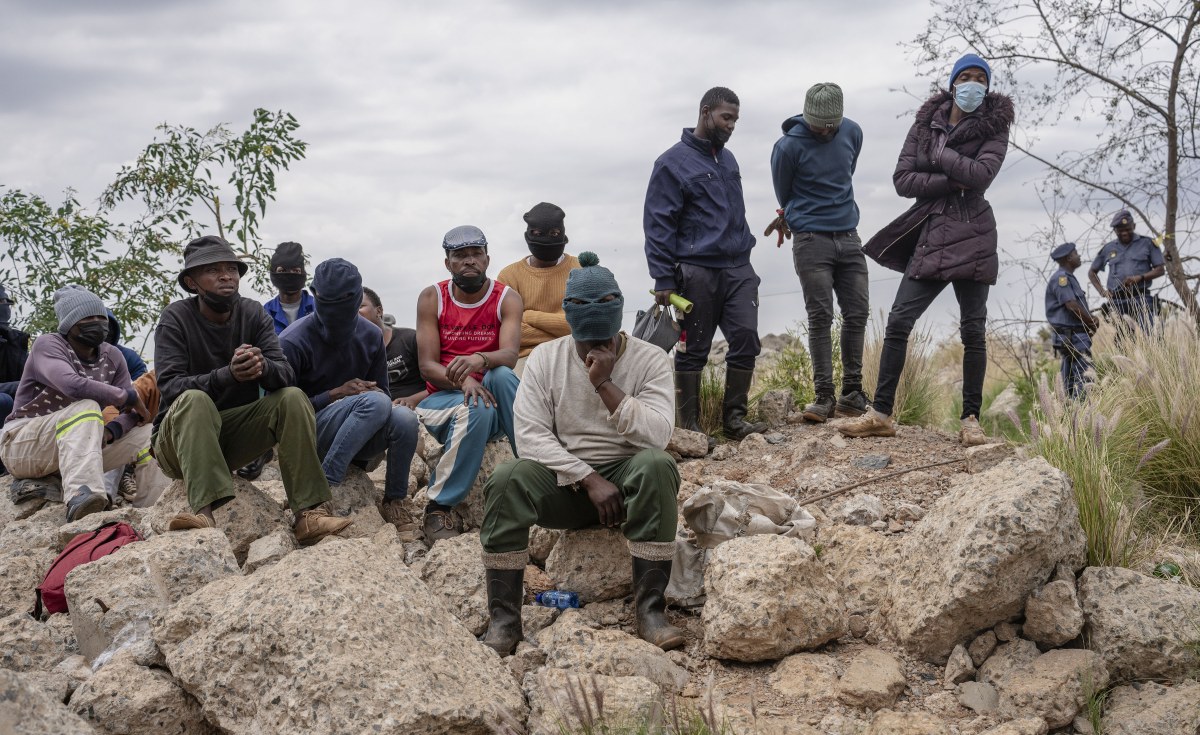MOGADISHU, Somalia — On Tuesday, Prime Minister Hamza Abdi Barre officiated the opening of what is now Somalia’s most extensive emergency medical facility, located at Madina Hospital in Mogadishu.
This new center, capable of managing up to 200 patients at once, is tailored to cater primarily to individuals with life-threatening injuries, providing them with immediate and specialized medical care.
The center’s establishment is a pivotal move in enhancing Somalia’s emergency healthcare capabilities, particularly in Mogadishu, where the need for such facilities has been acute due to longstanding security issues and health challenges.
The collaboration between the National Disaster Management Agency (SoDMA) and Madina Hospital underscores a national commitment to improve urgent care services. This partnership ensures the center operates continuously, serving as a beacon of hope for those in critical conditions, day or night.
The facility’s inauguration represents more than just a new building; it’s a significant stride towards bolstering Somalia’s medical infrastructure. For a country often grappling with the aftermath of conflicts and natural disasters, this emergency center is poised to play a crucial role in saving lives and treating the wounded effectively.
This development also reflects broader international and regional dynamics. While the center itself does not directly relate to military bases or past evacuations like Operation Eastern Exit, it indirectly benefits from the stabilizing presence of international forces and aid, such as those from Turkey at Camp TURKSOM.
Such foreign engagements, while primarily military or strategic, contribute to a more stable environment where development projects like this emergency center can thrive.
Furthermore, the opening of this center aligns with Somalia’s efforts to enhance its public health infrastructure, as seen with the launch of the National Public Health Emergency Operations Center earlier in 2023.
These initiatives collectively aim at improving Somalia’s readiness and response to health emergencies, reducing reliance on foreign aid during crises, and fostering self-sufficiency in emergency medical services.
The Emergency Centre at Madina Hospital, therefore, not only serves as a critical medical facility but also symbolizes a broader commitment to national development and resilience in the face of adversity.
This move by the Somali government and its partners is a testament to their dedication to transforming healthcare delivery, particularly in times of crisis, offering a glimmer of hope and a foundation for further health sector improvements in Somalia.










